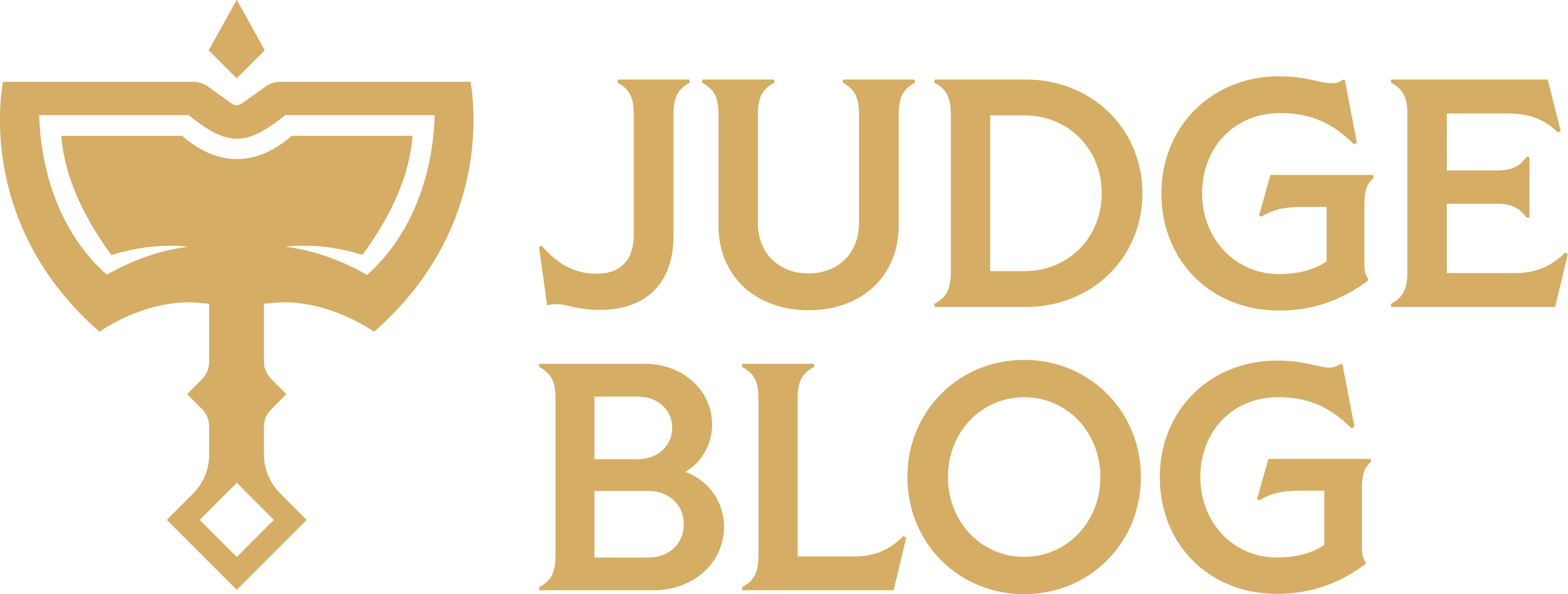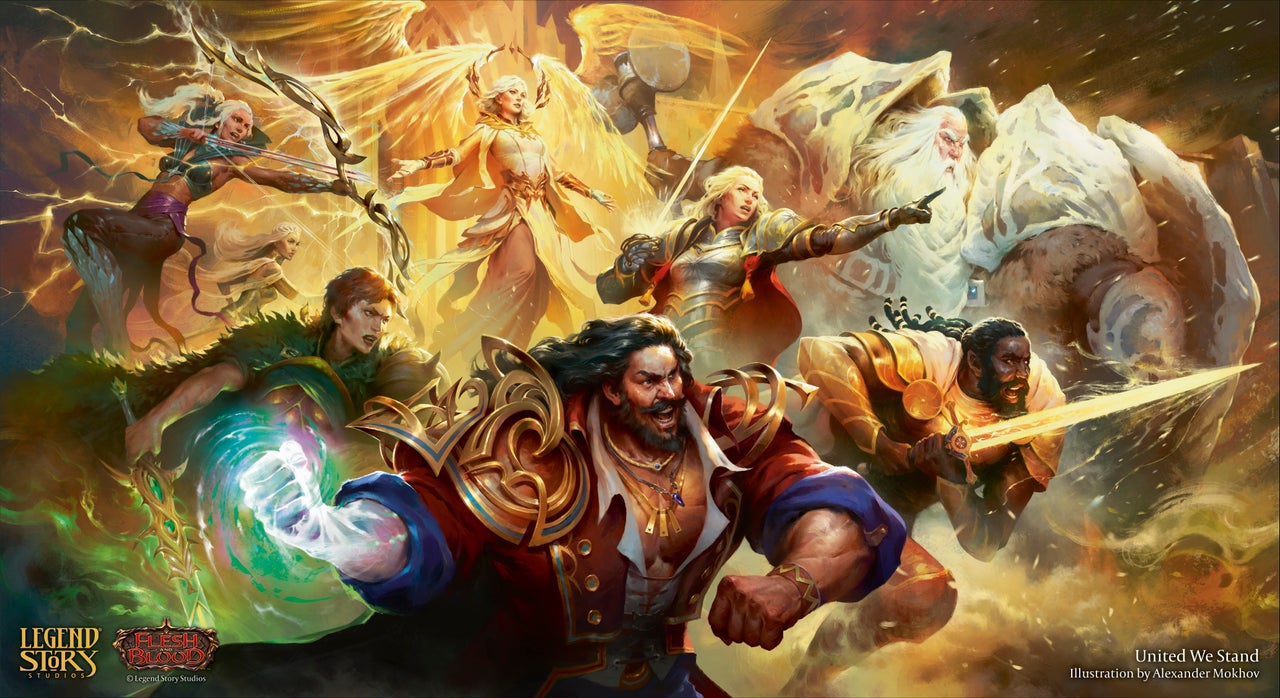
Introductions to Teams at Large Events
In large events such as Callings, hundreds of players converge to play great games together. In such events, a typical tournament judging staff structure of a Head Judge with many floor judges supporting can be inefficient. That is why in large events, judges are typically separated into multiple teams, each with a Team Lead. If you are not used to this, seeing your name in the staff schedule under one of these teams can feel a little daunting.
Hi, I am QJ Wong (L2) from Malaysia. Join me as I introduce you to what teams are at large events, what they are responsible for, as well as what you can expect to be doing being a member of such teams.
Why Have Teams?
By splitting responsibilities between teams, we can better organise the judges for various reasons:
- Ease of communication
Teams with individual leads who could communicate horizontally and vertically across the organisational structure could help with dissemination of information in a more effective manner. Not everyone needs to know details to everything, as that’ll just be overwhelming.
- Division of responsibilities
By dividing specific responsibilities, we prevent the judges from being confused with too many different tasks. This will also allow them to specialise and focus on those tasks specifically for that day.
- Facilitates team management
Breaking into smaller teams with their own leads allows each team to be allowed to be managed easier. The leads will be responsible for the welfare of the team, and help provide oversight over the team’s tasks to help the tournament be a success.
Next, let’s talk about the 3 major types of teams you can expect at large events.
Different events might have different needs and have specific teams to assign specific responsibilities to, but in general, these are the most common teams you can expect to see at large events:
- Deck Checks
- End of Round
- Logistics / Paper
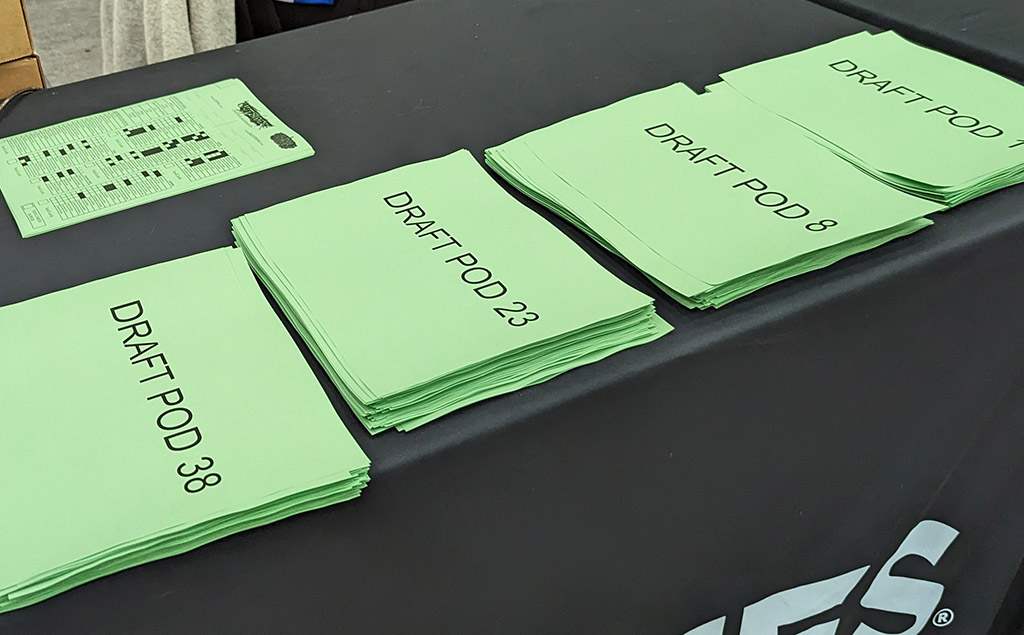
Deck Checks
As the name implies, this team’s main responsibilities will be to perform deck checks. By doing that and other duties related to deck lists, the team upholds the integrity of the tournament. Players are less likely to be caught taking advantage of errors and/or by breaking certain rules without the team.
A member in the deck checks team can expect to be checking decks throughout the day. They would check for accuracy of the players’ deck lists. Decks can be checked at random, or targeted to help with investigations or to make sure most of the top tables are checked before the top cut. At the same time, please be mindful that we do not want players to think that lower tables are immune to deck checks.
Decks that are checked can also be subjected to inspection of their sleeves and card condition. This is to catch players who might mark their cards in order to identify certain cards during play. Warped cards can also allow players to identify where certain cards are in the deck.
Besides checking decks, the team is also typically responsible to make sure they have everyone’s decklists and that everyone handed them on time. You can read more about deck checks in our future article, or our Judge Notes on “swooping” ・ deck checks.
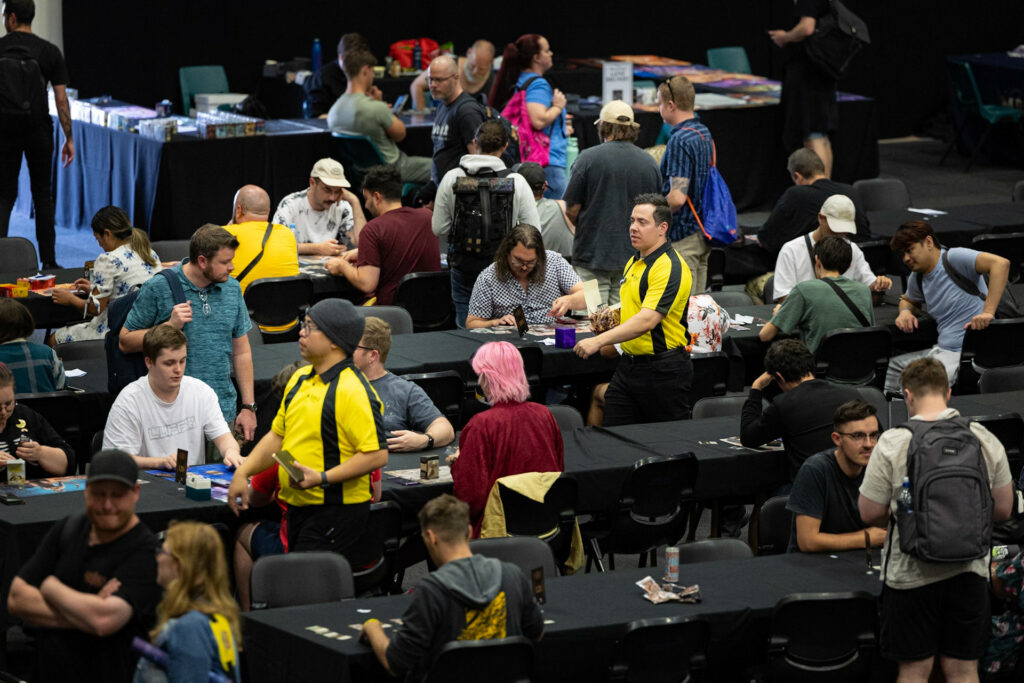
End of Round
The End of Round team’s most important responsibility happens, you guessed it, at the end of rounds. The team is tasked to make sure we can turn over the round as soon as possible. The longer players need to wait between rounds, the longer the day is going to be. This is especially so in large events where the Calling can be as many as 9 rounds on day 1. A 10-minute delay each round means players have to stick around for an additional hour and a half!
To expedite the round turnover, the team is usually tasked with 2 main objectives at the end of the round:
- Finding missing results
Missing results from finished matches prevents us from starting the new round, so ideally we want to know that a table is missing results as early as possible. This is so that we can call for the players. Your team lead would usually request you to sweep for such tables at a particular time.
- Keeping an eye on all remaining matches
Similarly, we also want to send judges to watch over tables that are still playing. Ideally we would want judges on the tables before the round ends for a couple of reasons:
One, the tables might not hear the announcements that time is called.
A judge can inform the players that time is up, and to remind them of the End-of-Match Procedure in case the players are unfamiliar with them. The judge can also preemptively avoid Improperly Determining a Winner and Improper Concession infractions by reminding the players of what they should not do.
Two, the tables with time extensions usually should have judges on the tables earlier. We want these tables to have as little delay as possible in receiving further assistance from judges, which could further delay the end of the match. The judge could also properly keep track of the actual end of round time, which players could miss, and then do the same thing as reason number one we just talked about.
Large events usually use a webtool called Purple Fox to help communicate information about the tournament to aid the team. You can read more about Purple Fox here, or look forward to our End of Round article coming out later.
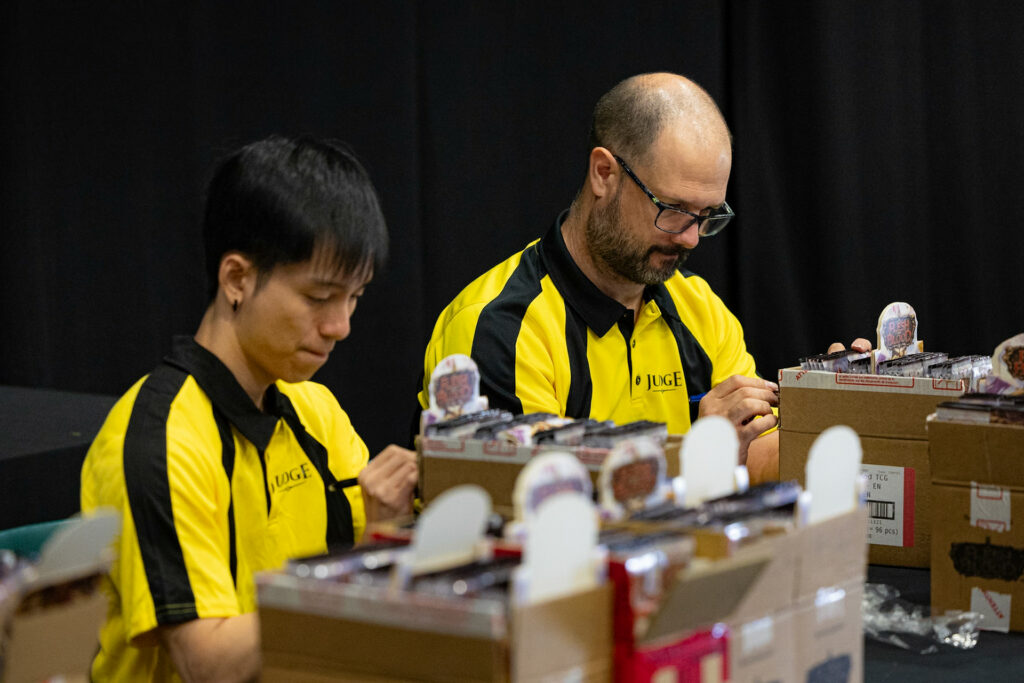
Logistics/Paper
Logistics is the process of managing how resources are used in order to achieve certain goals or objectives. In the context of a tournament, this usually refers to managing the flow of materials such as booster packs for a Limited tournament or distributing goodies (promos and playmats) to players, as well as coordinating judges to help these tasks. As you can imagine, the process gets much more complex when scaled up to hundreds of players, with dozens of staff.
Paper responsibilities typically include posting pairings, standings as well as providing paper slips when required. While most players can access the information they need from their phones, consider those who do not have access to the internet or their phone due to one reason or another. We do not want to obstruct these players’ ability to play.
The knowledge of how to set up a pairings board and distribute pairings effectively should also not be undermined. You’d never know when technology doesn’t work the way you expect them to.
There are a lot more nuances we can talk about when it comes to logistics and paper responsibilities, so be sure to check out our article about this team when it comes out!
Wrapping Up
I hope you enjoyed our introduction to teams at large events. See you next time as we explore what you can expect when you are a member of the Deck Checks team.
Was there something else specifically you wished I’ve covered? Or if you have feedback, other suggestions, comments or even a story of your own, please share with us! You can comment in the forums, on this article, or if you prefer, reach out to me on Facebook, X or email me.
Until the next time, enjoy the game!
Photos in this article by John Brian McCarthy from Judgesatwork.com
Author
-
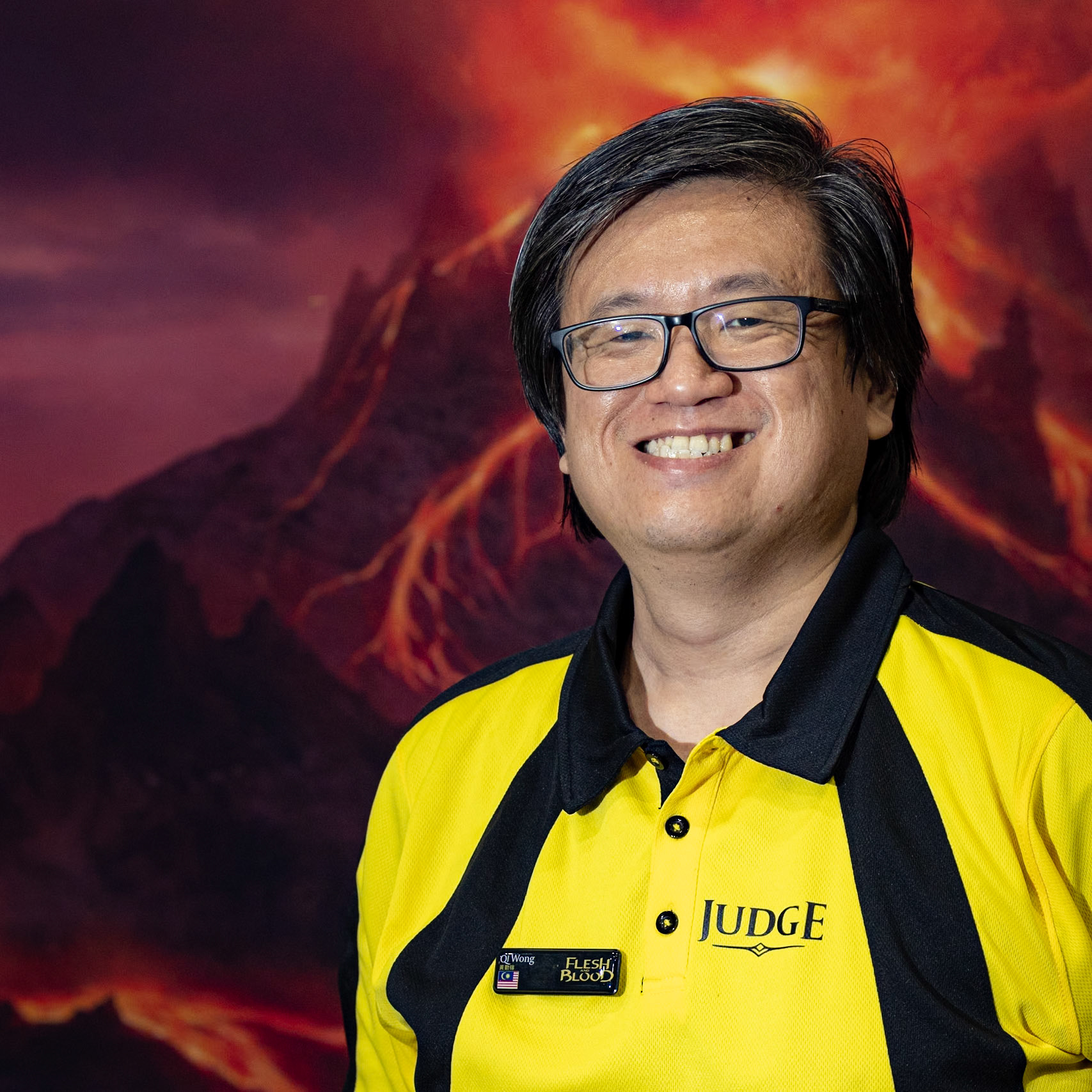
Lifelong Gamer, Judge, Store Owner, Tournament Organizer. I have been involved in the TCG industry in all sorts of roles for over 20 years.
View all posts
